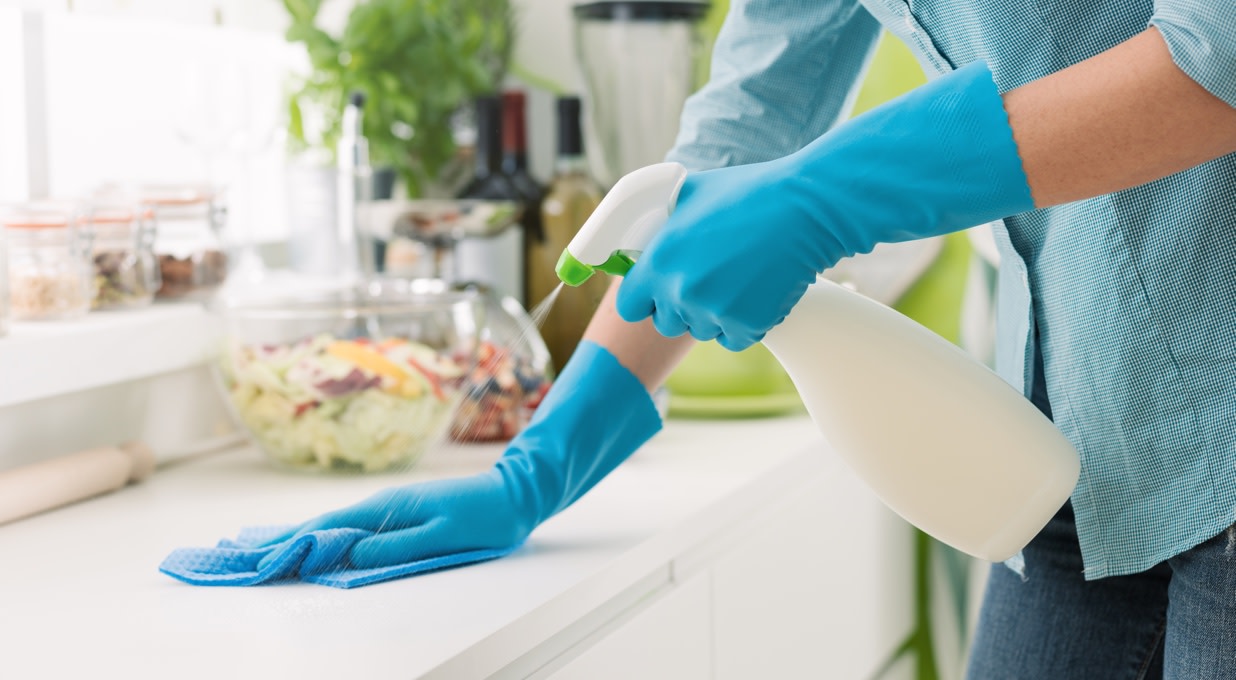Reckitt reported first-half net revenue of £7.2bn, reflecting like-for-like (LFL) growth of 0.8%. This was driven by 2.1% higher average selling prices offset by a 1.3% drop in volumes. Underlying operating profit fell 4.9% to £1.7bn but was ahead of expectations.
Free cash flow improved by 8.3% to £821mn, and net debt ended the period at £8.1bn, up £794mn from the start of the year.
An interim dividend of 80.4 pence has been recommended, and a new £1bn buyback is expected to be completed over the coming 12 months.
Due to extreme weather conditions impacting the Nutrition business, full-year like-for-like revenue growth is now expected to be between 1-3%, from 2-4%.
Reckitt will look to sell several ‘non-core’ home care brands that generated around £1.9bn in revenue last year. Options are also being considered for the US Mead Johnson business. Cost reduction targets have been accelerated, now aiming for a 3% drop in fixed costs by the end of 2027.
The shares rose 4.1% in early trading.
Our view
Reckitt is the maker of household and hygiene staples like Air Wick, Harpic, and Vanish. First-half results were largely positive despite lowering the sales outlook, partly due to extreme weather events impacting the Nutrition business.
Aside from the numbers, management announced a strategy shift. Several ‘non-core’ home care brands are on the chopping block. This isn’t a small reshuffle either, together they account for around 13% of annual sales. Streamlining makes sense, but there will be execution risk.
As the biggest contributor to sales, it's good to see volumes in Hygiene trending back in the right direction. Investors have been looking for a better balance between volume and price led growth and it looks like we might have reached the inflection point where things start improving. Competition in this segment is tough, and we’d like to see improved performance vs peers over the second half.
Nutrition's the smallest division but has continued to be a volume drag. Last year's sales were inflated by competitors' supply issues, and as they come back to market, Reckitt's giving back some of the market share it gained. But this looks to have stabilised and management are confident the division should start growing again by the end of the year.
Portfolio changes, along with cost cuts, have helped gross margins return to historic levels. While we’re happy to see progress, there’s a slight worry that a focus on costs and gross margins is a temporary fix. To sustain longer term growth, we’d like to see more of a focus on finding new distribution and increasing market share.
The balance sheet's in reasonable health, and with £2.2bn of expected free cash this year the fresh £1bn buyback is well supported. Of course, no returns are guaranteed.
The court cases relating to infant formula made by its US subsidiary, Mead Johnson, has weighed on sentiment. But recent news appears to be more positive. This business has been classified as ‘non-core’ as part of the new strategy, and a range of options are being discussed.
The new strategy should be well received, and current valuation doesn't look overly demanding. But the next few quarters are vital. Meaningful volume recovery isn't expected until later in the year, which means investors should be prepared to wait for the tide to turn.
Reckitt key facts
All ratios are sourced from Refinitiv, based on previous day’s closing values. Please remember yields are variable and not a reliable indicator of future income. Keep in mind key figures shouldn’t be looked at on their own – it’s important to understand the big picture.
This article is original Hargreaves Lansdown content, published by Hargreaves Lansdown. It was correct as at the date of publication, and our views may have changed since then. Unless otherwise stated estimates, including prospective yields, are a consensus of analyst forecasts provided by Refinitiv. These estimates are not a reliable indicator of future performance. Yields are variable and not guaranteed. Investments rise and fall in value so investors could make a loss.
This article is not advice or a recommendation to buy, sell or hold any investment. No view is given on the present or future value or price of any investment, and investors should form their own view on any proposed investment. This article has not been prepared in accordance with legal requirements designed to promote the independence of investment research and is considered a marketing communication. Non-independent research is not subject to FCA rules prohibiting dealing ahead of research, however HL has put controls in place (including dealing restrictions, physical and information barriers) to manage potential conflicts of interest presented by such dealing. Please see our full non-independent research disclosure for more information.


